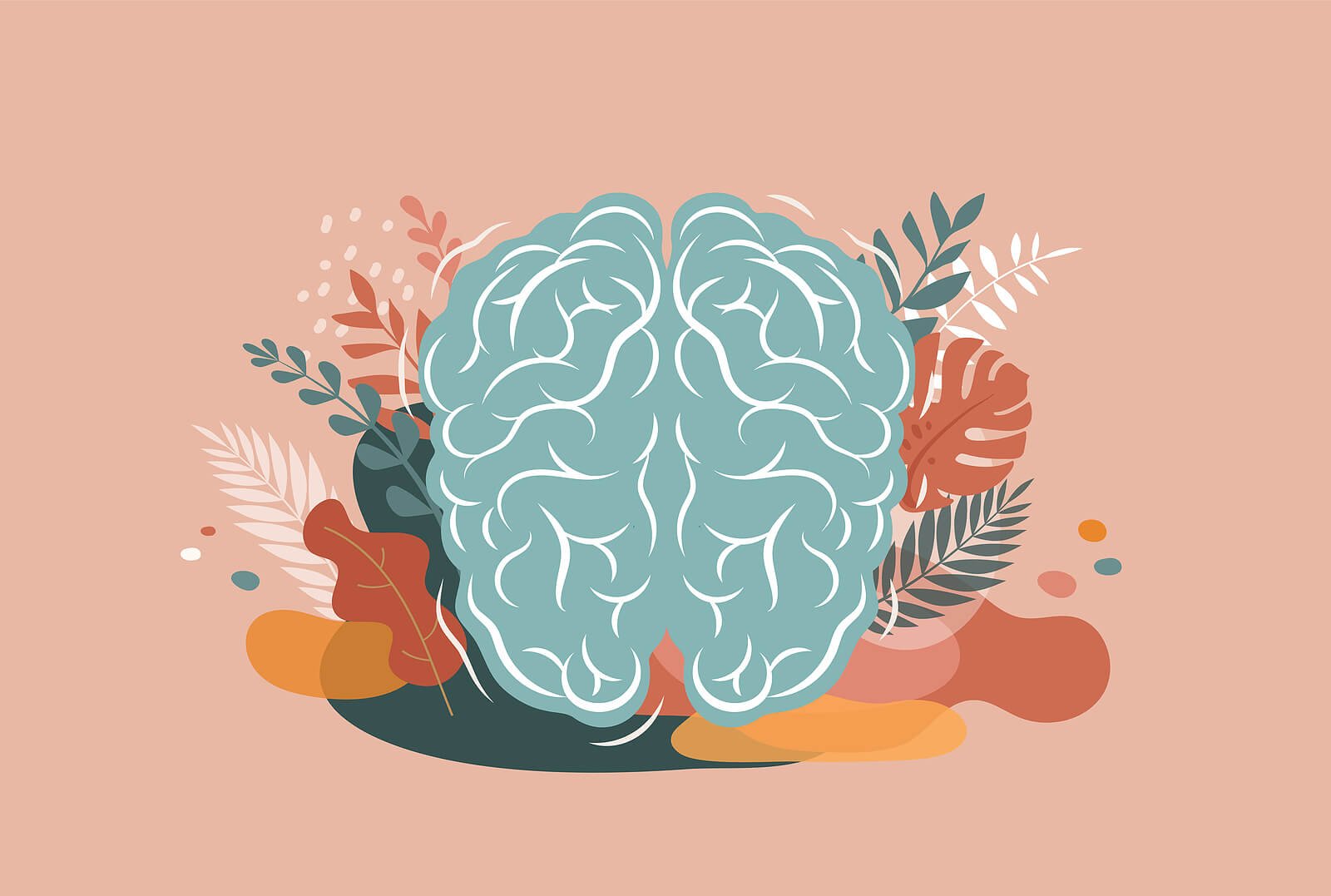None of us are strangers to stress. We experience it every day, and it’s an important part of life. Stress helps prepare us for danger, engaging our “fight or flight” responses toward a perceived threat. However, constant stress can have lasting impacts on our brains.
It is first important to understand how our bodies process stress. When we face a challenge, the amygdala or “fear center” of the brain activates, causing our bodies to physically react. This includes the production of the stress hormone cortisol, an increase in glucose levels and heart rate, and an increase in blood flow to muscles. When our bodies are in a constant state of stress, our cortisol levels continuously elevate, which may have severe negative side effects. Chronic stress can also impact digestion, leading to issues such as acid reflux, irritable bowel syndrome (IBS), and appetite changes.

Stress Impairs Memory
One effect of chronic stress is an increase in memory loss. Individuals who are in a constant state of stress tend to be more forgetful and less likely to remember specific information. Even continuous incidents of minor stress, such as being late for work, can impact short-term memory. This is due to the fact that our brains enter survival mode, so it does not have room to process sensory information. Research also suggests that prolonged stress can lead to difficulty in forming new memories, as high cortisol levels can interfere with hippocampal function—the part of the brain responsible for memory and learning.
You’re More Likely to Develop a Mental Health Condition
Each time we enter a stressful mindset it becomes increasingly more difficult for us to return to a normal state of being. This impacts our ability to deal with and manage negative emotions. Someone who is stressed may feel worried, sad, unable to focus, irritable and angry. These side effects overlap with anxiety and depression symptoms. It can become challenging to tell the difference between stress and mental health conditions. Over time, stress can also contribute to burnout. Burnout is characterized by emotional exhaustion, reduced motivation, and a sense of detachment from work or personal responsibilities.

You’re More Likely to Develop Physical Illness
We have discussed the likelihood of developing mental illnesses, but our physical health may also be impacted by chronic stress. With the presence of cortisol, blood vessels dilate and increase the amount of blood that flows throughout the body. An increase in blood flow means the heart must pump faster to compensate. The consistent increase in heart rate and blood pressure can take a toll on us physically. Long-term stress makes individuals more susceptible to hypertension, heart attacks, or even strokes. With a weakened immune system, other illnesses may be more likely to develop as well, such as the flu or the common cold. Chronic stress can also lead to inflammation in the body, which has been linked to conditions such as autoimmune disorders, digestive problems, and chronic pain.
Changes in the Brain’s Structure
Our brains are made up of both gray and white matter. Gray matter helps us with decision-making and problem-solving, while white matter helps us communicate information. During times of chronic stress, there is an imbalance in the production of white and gray matter, which can result in permanent changes to the brain’s structure. This imbalance can impact cognitive flexibility, making it harder for individuals to adapt to new situations or process information efficiently.
Stress can also affect the brain’s ability to form new cells. While the brain can still create neurons, studies show that in times of chronic stress, these new neurons tend to die within a week. Neuroplasticity, the brain’s ability to reorganize itself and form new neural connections, can be negatively affected, leading to difficulty in learning new information and regulating emotions.
With all the impacts of memory loss, production of matter, and brain cell formation, the brain itself can actually shrink in size. When constantly exposed to intense stressors, people are more likely to experience brain shrinkage. This means that chronic stress can make it harder to deal with future problems. A reduced prefrontal cortex—responsible for executive function and decision-making—can make it challenging to regulate emotions and maintain focus in high-stress environments.

Next Steps
We have explored what happens to our brains under stress, but what can be done to prevent these effects? Well, we know that stress is a part of daily life. As hard as we might try, we cannot get rid of stress completely. We can, however, learn how to effectively manage it.
Utilizing coping skills or relaxation techniques, such as deep breathing, journaling, exercise, or meditation, are great ways to manage stress. Engaging in creative activities like painting, playing music, or gardening can also provide an outlet for stress relief.
If you find yourself struggling with the negative impacts of chronic stress, keep yourself healthy and schedule an appointment with Mindful Mental and Behavioral Health. We offer anxiety treatment in Portland, OR to help support individuals with challenges related to chronic stress. Seeking professional support, whether through an anxiety therapist, counseling, or stress management programs, can provide effective strategies for building resilience and improving overall well-being.
Break Free from Chronic Stress—Support is Here
Stress is a part of life, but when it starts impacting your memory, mood, and health, it’s time to take action. At Mindful Mental and Behavioral Health, we help you understand and manage the effects of chronic stress with personalized anxiety treatment in Portland, OR. Whether you’re feeling constantly on edge, struggling with burnout, or noticing the toll stress takes on your body, we’re here to support you. Let’s work together to build healthier coping strategies so you can feel more in control.
- Reach out today to get started or self-schedule an appointment here.
- Learn more about stress and anxiety management by exploring our blog posts.
- Discover how therapy can help you find coping strategies to combat chronic stress.
Other Services We Offer in Addition to Anxiety Counseling
At our Portland, OR office, we provide a range of services designed to support your mental health and well-being. In addition to anxiety treatment, our team of mental health professionals offers specialized bipolar treatment, depression treatment, and trauma therapy. We’re committed to creating a safe and understanding space where you can explore your experiences, develop effective coping strategies, and work toward greater emotional stability. If a combined approach suits your needs, our medication management services provide personalized treatment plans tailored to you. No matter the challenges you’re facing, we’re here to support you at every step.




